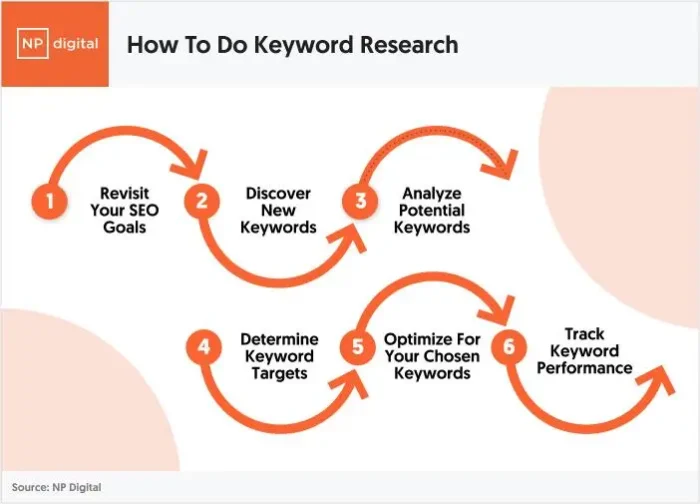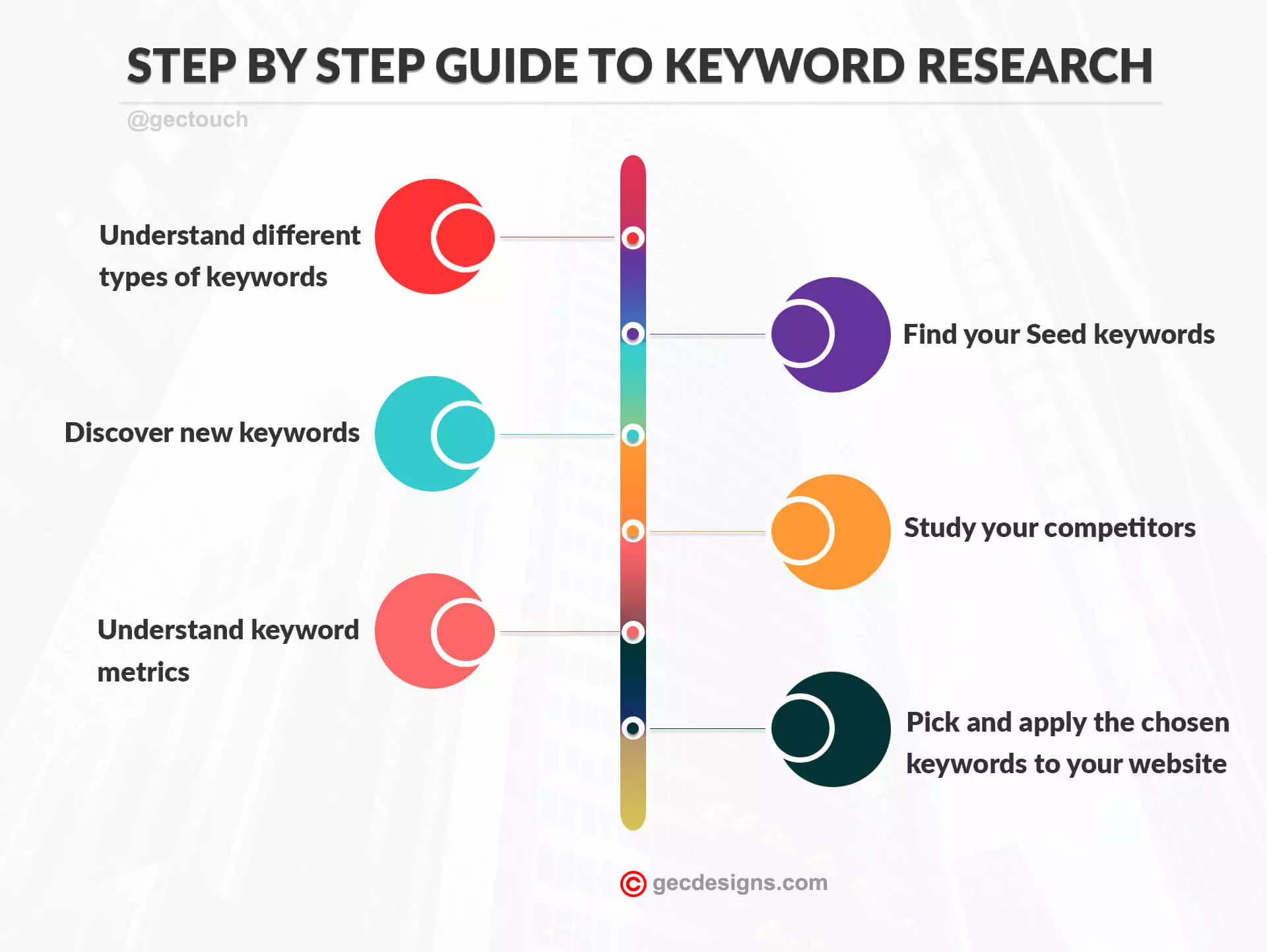Steps to Conduct Keyword Research for Blogging Success
Keyword research is the foundation of a successful blogging strategy, helping you understand what your audience is searching for and how to create content that ranks well in search engines. Here’s a structured, expert approach to keyword research for bloggers:
1. Understand Your Audience and Niche
- Identify your target audience: Know who you’re writing for—their interests, problems, and the language they use.
- Define your niche: Focus on specific topics your blog will cover. This helps narrow down relevant keywords and avoid spreading your efforts too thin.
- Analyze audience intent: Determine whether readers are looking for information, solutions, products, or inspiration. This affects the type of content you should create.
2. Brainstorm Seed Keywords and Categories
- List core topics: Write down broad categories relevant to your niche (e.g., “WordPress,” “healthy recipes,” “personal finance”).
- Generate seed keywords: These are general terms people might use to find your content. Use your knowledge, team input, or AI tools to expand this list.
- Explore related terms: Think of synonyms, questions, and long-tail variations (e.g., “best WordPress plugins,” “quick vegan breakfast ideas”).
3. Use Keyword Research Tools
- Leverage SEO tools: Platforms like SEMrush, Ahrefs, Ubersuggest, and Google Keyword Planner help you find keyword ideas, search volume, and competition levels.
- Check search intent: Review the top-ranking pages for your keywords to understand what type of content (guides, lists, reviews) resonates with searchers.
- Analyze competition: Look at what keywords your competitors are ranking for and identify gaps or opportunities.
4. Prioritize Keywords
- Focus on high-potential keywords: Target terms with decent search volume and low competition, especially when starting out.
- Balance broad and long-tail keywords: Broad terms attract more traffic but are competitive; long-tail keywords (more specific phrases) often convert better and are easier to rank for.
- Map keywords to content: Assign keywords to specific blog posts or content clusters to avoid keyword cannibalization and ensure each piece has a clear focus.
5. Create and Optimize Content
- Write for your audience first: Ensure your content is valuable, readable, and addresses the searcher’s intent.
- Incorporate keywords naturally: Use keywords in titles, headings, meta descriptions, and throughout the content—but avoid stuffing.
- Update and expand: Keyword research is ongoing. Regularly review performance, update old posts, and explore new keyword opportunities.
6. Advanced Strategies
- Explore question-based keywords: Use forums like Quora or Reddit to find real questions your audience is asking, then create content that answers them.
- Monitor trends: Stay updated on industry trends and seasonal topics to capitalize on timely opportunities.
- Use semantic keywords: Include related terms and synonyms to help search engines understand your content’s context.
Key Tools and Resources
| Tool/Resource | Purpose | Example Use Case |
|---|---|---|
| SEMrush/Ahrefs | Keyword discovery, competition analysis | Finding high-volume, low-competition keywords |
| Google Keyword Planner | Keyword ideas, search volume | Estimating traffic potential |
| Quora/Reddit | Question-based keyword ideas | Identifying audience pain points |
| Ubersuggest | Free keyword suggestions | Quick keyword brainstorming |
Summary Table: Keyword Research Process
| Step | Action | Outcome |
|---|---|---|
| Audience Analysis | Define who you’re writing for | Clear content direction |
| Seed Keyword Generation | Brainstorm broad and niche terms | Initial keyword list |
| Tool-Assisted Research | Use SEO tools for data | Refined, data-driven keywords |
| Keyword Prioritization | Select best targets | Focused content strategy |
| Content Creation | Write and optimize posts | Higher search visibility |
| Ongoing Optimization | Review, update, expand | Sustained blog growth |
Best Practices
- Always prioritize user intent over keyword density.
- Regularly audit your keyword strategy to adapt to changing search trends.
- Balance SEO with readability—great content that genuinely helps readers will always perform better in the long run.
By systematically researching, prioritizing, and optimizing for the right keywords, you can significantly increase your blog’s visibility, attract more targeted traffic, and achieve long-term blogging success.





